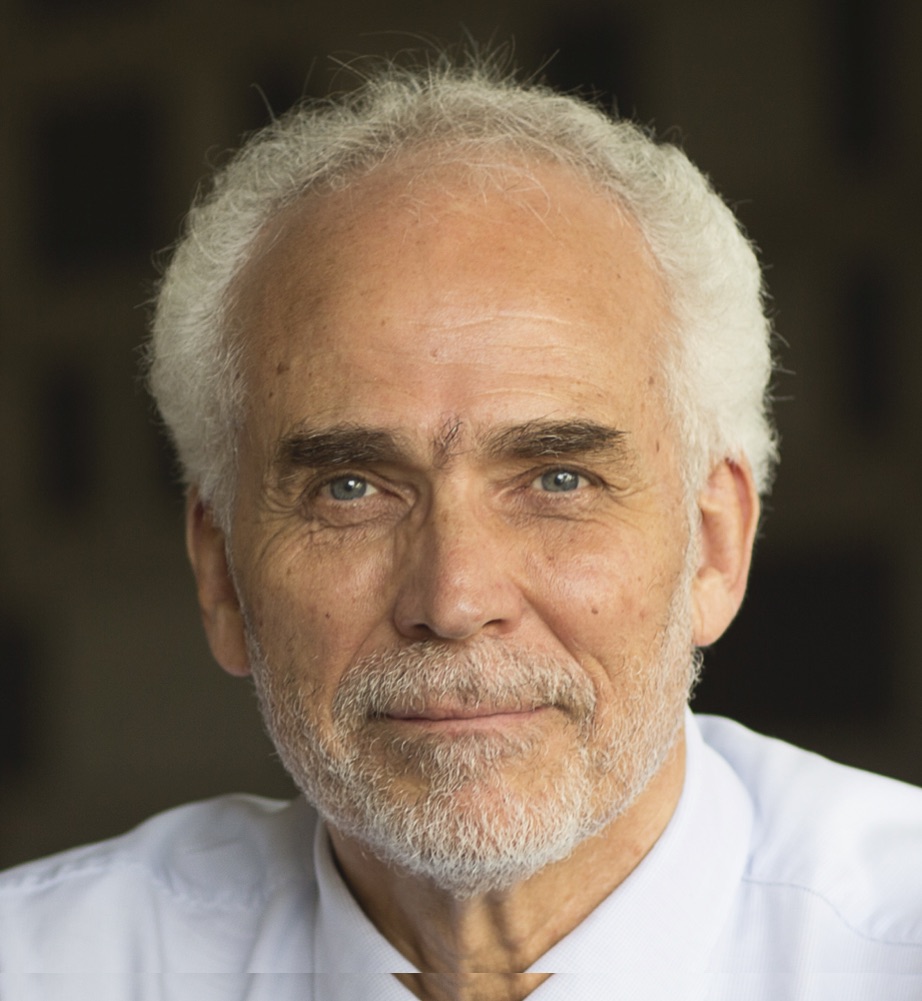On negotiating in interesting times
Readers might have seen media reports that New Zealand has a new government. In New Zealand this is a slightly delayed conclusion to the general election at the end of September, the delay being the result of our proportional representation system, which left neither of the two major parties, Labour and National, with a sufficient…

